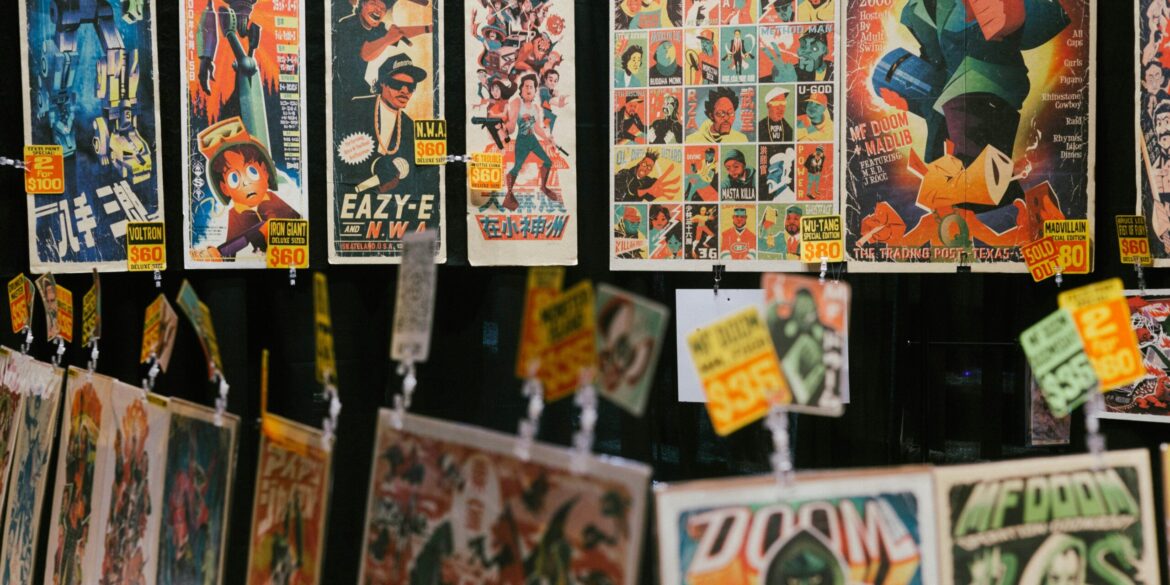The Greater Austin Comic Con, held over the weekend of July 19–20 at the H‑E‑B Center in Cedar Park, brought with it more than just superheroes, cosplayers, and comic book enthusiasts—it delivered a substantial economic impact to the surrounding community. Drawing thousands of attendees from across Central Texas and beyond, the convention became a temporary but powerful driver of local revenue, energizing businesses in hospitality, retail, and food service sectors.
Cedar Park, a suburb just northwest of Austin, experienced one of its busiest weekends of the summer. Hotels near the event venue reported full bookings, many offering special Comic Con weekend rates or packages. Lodging demand overflowed into surrounding areas, boosting occupancy at hotels as far as Round Rock and North Austin. For local restaurants and cafes, the influx of attendees—many staying for full-day or multi-day passes—translated into extended hours, packed tables, and notable increases in sales. Food trucks stationed at or near the convention venue also reaped the benefits of high foot traffic, with some reporting weekend sales double their usual figures.
Retail stores near the H‑E‑B Center similarly saw a boost. Comic and gaming shops reported increased interest from attendees exploring local offerings between panels and autograph sessions. General retail outlets in nearby shopping centers noted upticks in sales, particularly in snack foods, beverages, and themed merchandise like shirts, accessories, and memorabilia. For small business owners, the convention served as a valuable showcase, drawing attention to niche offerings that aligned well with the pop culture crowd.
Vendors inside the convention hall, including comic artists, writers, toy merchants, and independent creators, saw direct benefit from both ticketed attendees and the elevated visibility that comes with a well-publicized regional event. Booth reservations for the event sold out months in advance, reflecting growing interest from both local and traveling exhibitors. Many vendors described steady streams of customers throughout the day, and some ran out of merchandise before the end of the weekend.
A significant portion of the convention’s draw came from its lineup of celebrity guests and special events. Appearances by WWE legends, film and TV actors, and sports personalities added mainstream appeal, attracting a wide audience and boosting ticket sales. These high-profile guests not only elevated the fan experience but also had measurable effects on local business. More visitors meant increased demand for transportation, meals, lodging, and event services—all translating to economic gain for the area.
Read also: https://nyreview.com/u-s-hotel-industry-forecast-revised-amid-economic-concerns/
While exact figures for this year’s economic impact are not yet released, similar events in other cities provide a useful benchmark. For example, San Diego Comic-Con has historically generated upwards of $150 million in local economic activity. While the Greater Austin Comic Con operates on a smaller scale, even a fraction of that impact—estimated in the low millions—makes a meaningful difference to Cedar Park’s seasonal economy.
City officials and business leaders have taken note of this potential. In recent years, local tourism bureaus and chambers of commerce have partnered with event organizers to offer visitor guides, maps, and discount cards, aiming to extend the spending footprint beyond the convention walls. Rideshare drivers, for example, reported high demand throughout the weekend, particularly for early morning pickups and late-night returns, as attendees moved between hotels, restaurants, and nightlife venues.
Moreover, the convention’s presence amplified Cedar Park’s profile as a viable destination for large-scale events. The successful hosting of a major fan convention demonstrates that the city can support high-capacity gatherings with appropriate infrastructure and local buy-in. This, in turn, could attract future festivals, expos, or trade shows, compounding the long-term economic value.
The Greater Austin Comic Con’s 2025 edition proved that pop culture events can do more than entertain—they can serve as engines of local economic development. From boosting tax revenue and hotel occupancy to supporting small businesses and raising regional visibility, the convention brought a wave of positive momentum to Cedar Park. And as fan culture continues to thrive nationally, the city may well see this annual celebration evolve into one of its most economically impactful traditions.


